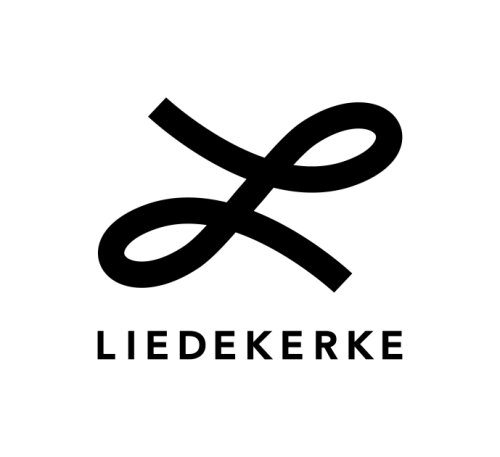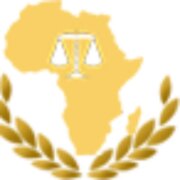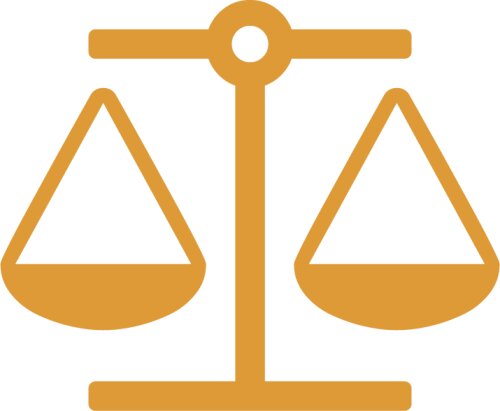Best Public-Private Partnerships (PPP) Lawyers in Kinshasa
Share your needs with us, get contacted by law firms.
Free. Takes 2 min.
List of the best lawyers in Kinshasa, DR Congo
About Public-Private Partnerships (PPP) Law in Kinshasa, DR Congo
Public-Private Partnerships (PPP) are collaborative agreements between government entities and private sector companies to develop, finance, build, and operate projects or services that serve the public. In Kinshasa, DR Congo, PPPs are increasingly utilized to support development in areas such as infrastructure, energy, transportation, and healthcare. The legal framework aims to balance public interests and private investment by outlining clear processes for project selection, approval, contract management, and dispute resolution.
The DR Congo government promotes PPPs as a way to drive economic growth, improve public services, and share risks between public authorities and private investors. Legal structures exist to encourage transparency, accountability, and efficient project delivery, ensuring that both parties honor their responsibilities throughout the partnership.
Why You May Need a Lawyer
Engaging in a Public-Private Partnership in Kinshasa, DR Congo involves navigating a complex legal environment. Legal advice is essential for various reasons, including:
- Understanding the regulatory requirements for PPP projects in different sectors
- Drafting and negotiating PPP contracts that protect your interests
- Ensuring compliance with local and national procurement laws
- Advising on risk allocation and liability issues between partners
- Resolving disputes that may arise during the project lifecycle
- Adhering to environmental, social, and governance standards set by law
- Assisting with financial structuring and securing approval from regulatory bodies
Whether you are a public official, investor, contractor, or lender, a qualified PPP lawyer can provide guidance to help you avoid pitfalls and maximize your chances of project success.
Local Laws Overview
In Kinshasa, DR Congo, PPPs are regulated at both the national and municipal level. Some of the key legal aspects to consider include:
- PPP Law: DR Congo has specific legislation and decrees governing the establishment, execution, and monitoring of PPP projects.
- Contract Types: Various PPP models are recognized, such as Build-Operate-Transfer (BOT), Build-Own-Operate (BOO), and concessions.
- Procurement Procedures: Transparent procurement processes are required for project selection and the awarding of contracts to ensure fair competition.
- Government Oversight: Government bodies and independent agencies monitor compliance, implementation, and performance of PPP projects.
- Dispute Resolution: Disputes may be resolved through local courts, arbitration, or other mechanisms stipulated in the contract.
- Local Content Requirements: There may be requirements to hire local workers, use local materials, or involve local businesses in project delivery.
- Environmental and Social Impact: Projects must comply with environmental regulations and obtain proper permits before commencement.
It is important to review all relevant laws and consult with a legal professional experienced in PPPs within DR Congo to ensure comprehensive compliance throughout the project.
Frequently Asked Questions
What is a Public-Private Partnership in the context of Kinshasa, DR Congo?
A PPP is a formal arrangement where the government partners with one or more private sector entities to build, finance, or manage public infrastructure or services that benefit the population.
Who can participate in PPPs in Kinshasa?
Both local and foreign private companies, investors, and consortiums can participate in PPPs, typically through a bidding or negotiation process overseen by the government.
What sectors are open to PPP arrangements?
Common sectors include energy, transportation, water supply, sanitation, healthcare, education, and housing. Opportunities may vary depending on government priorities and available projects.
How are PPP projects selected in Kinshasa?
Projects are generally proposed by either government entities or private companies and must pass a feasibility assessment and approval from relevant authorities before moving forward.
What are the main steps in establishing a PPP?
Key steps include preparation of project documents, stakeholder consultations, procurement and tendering, negotiation of contract terms, financial close, and project implementation.
What legal documents are necessary for a PPP?
Essential documents may include a PPP agreement, concession contract, financing agreements, performance bonds, insurance policies, and permits or licenses.
Are there any restrictions for foreign investors in PPP projects?
While DR Congo encourages foreign investment, there may be sector-specific requirements or restrictions, such as joint ventures with local partners or limits on foreign ownership.
How long does a typical PPP contract last?
Contract durations vary depending on the nature and scale of the project, but they often range between 10 and 30 years to allow for investment recovery and profitability.
How are risks shared in a PPP project?
Risk allocation depends on the contract, but generally, construction and operational risks are allocated to the private party, while regulatory and political risks may remain with the government.
What happens if there is a dispute between PPP partners?
Disputes are typically resolved according to the dispute resolution clause in the contract, which may specify local courts, arbitration, or another agreed mechanism.
Additional Resources
If you are considering a PPP project or need legal advice in Kinshasa, DR Congo, the following organizations and agencies can provide helpful information:
- Ministry of Infrastructure and Public Works
- Public-Private Partnership Unit within the Ministry of Finance
- Agence Nationale pour la Promotion des Investissements (ANAPI)
- Chamber of Commerce and Industry of Kinshasa
- Congolese Association of Lawyers specialized in Infrastructure and Investment
Reaching out to these entities can help you access current regulations, project opportunities, and guidance on PPP frameworks.
Next Steps
If you are seeking to start, join, or invest in a PPP project in Kinshasa, DR Congo, consider the following actions:
- Consult a legal specialist in PPPs with experience in DR Congo's laws and regulations
- Gather and review all relevant project documents and background information
- Identify any sector-specific regulatory hurdles or requirements
- Engage with relevant government bodies early in the process
- Ensure all agreements clearly outline responsibilities, risk sharing, and dispute resolution methods
- Monitor compliance with environmental, financial, and social standards
Taking proactive steps and seeking expert legal advice can significantly increase your project's chances of approval, security, and long-term sustainability in the DR Congo PPP landscape.
Lawzana helps you find the best lawyers and law firms in Kinshasa through a curated and pre-screened list of qualified legal professionals. Our platform offers rankings and detailed profiles of attorneys and law firms, allowing you to compare based on practice areas, including Public-Private Partnerships (PPP), experience, and client feedback.
Each profile includes a description of the firm's areas of practice, client reviews, team members and partners, year of establishment, spoken languages, office locations, contact information, social media presence, and any published articles or resources. Most firms on our platform speak English and are experienced in both local and international legal matters.
Get a quote from top-rated law firms in Kinshasa, DR Congo — quickly, securely, and without unnecessary hassle.
Disclaimer:
The information provided on this page is for general informational purposes only and does not constitute legal advice. While we strive to ensure the accuracy and relevance of the content, legal information may change over time, and interpretations of the law can vary. You should always consult with a qualified legal professional for advice specific to your situation.
We disclaim all liability for actions taken or not taken based on the content of this page. If you believe any information is incorrect or outdated, please contact us, and we will review and update it where appropriate.
















